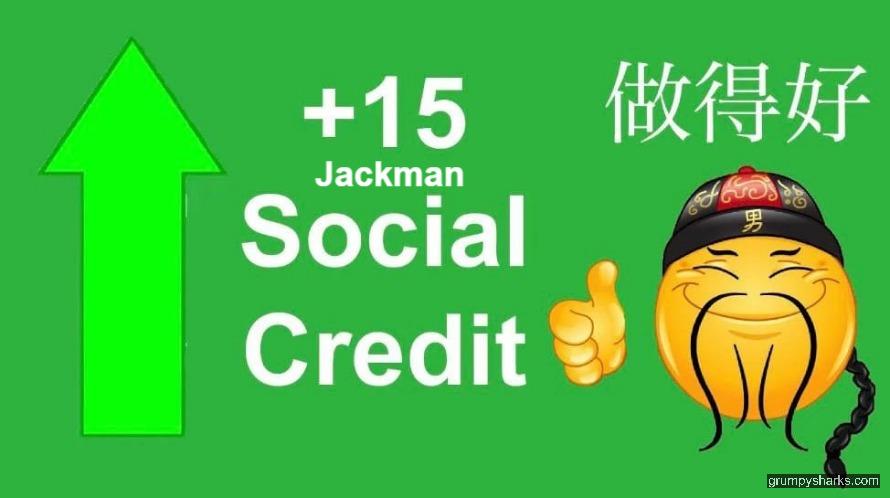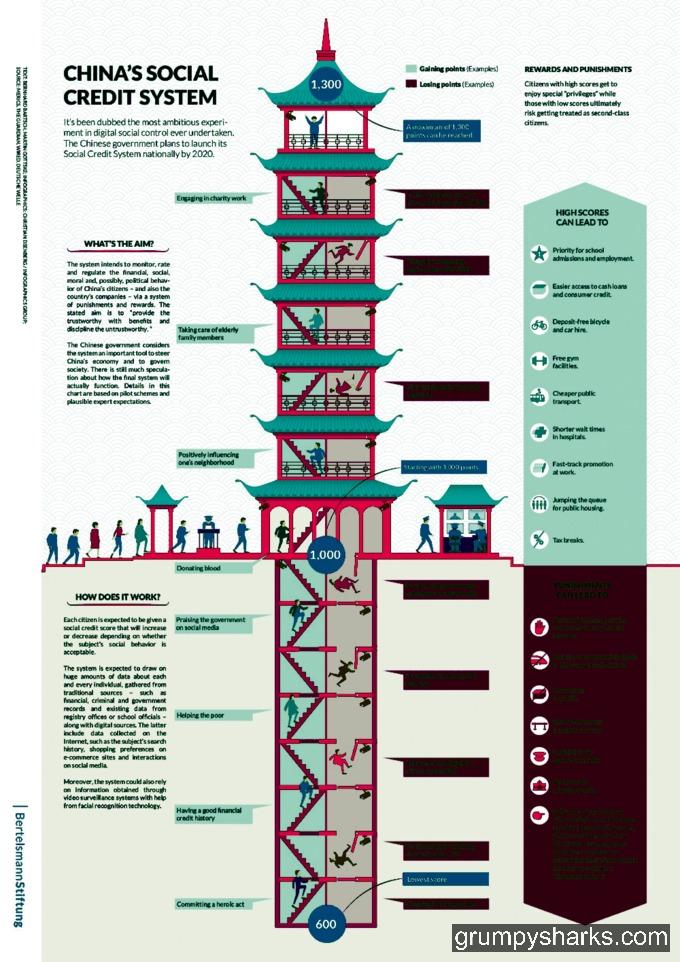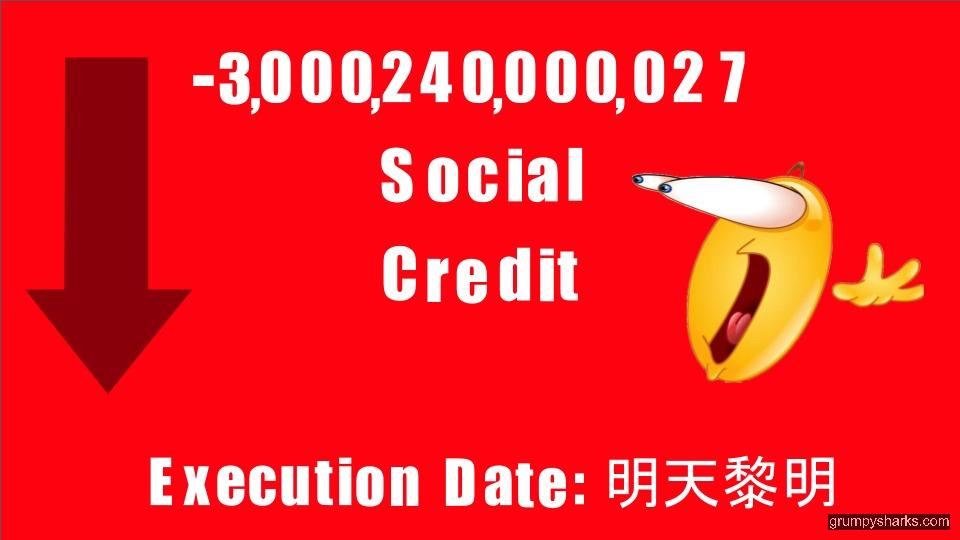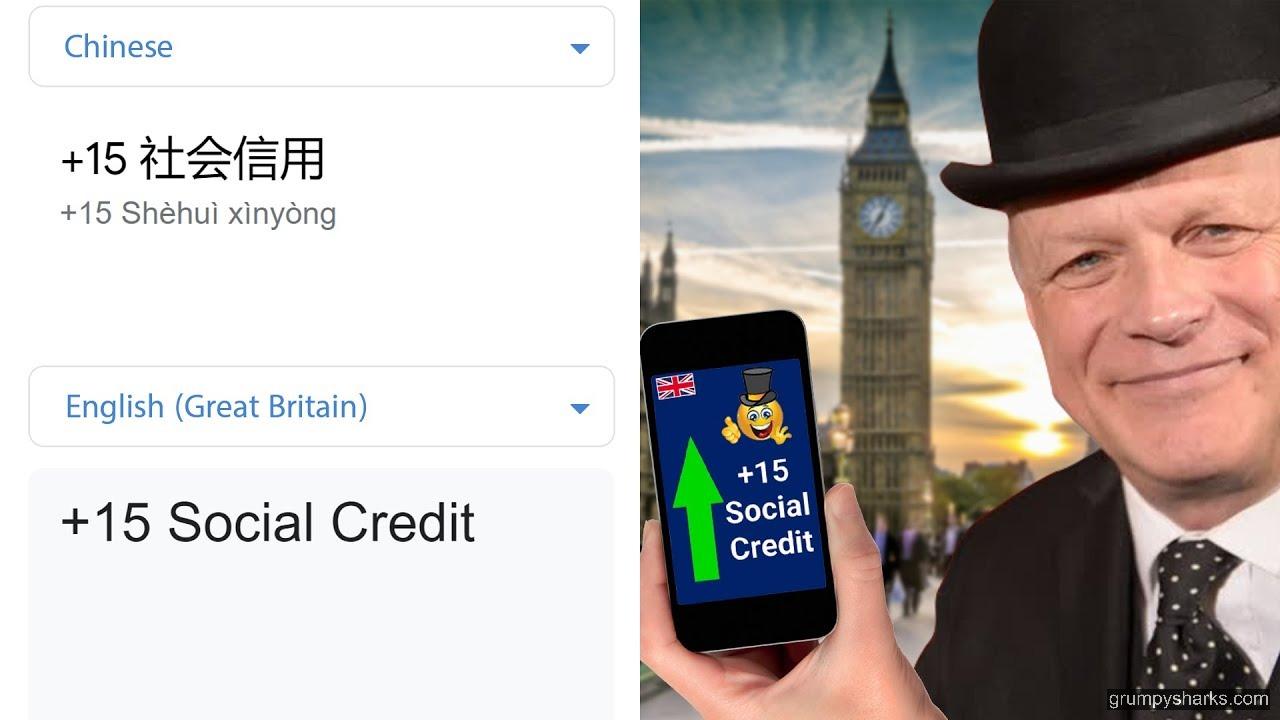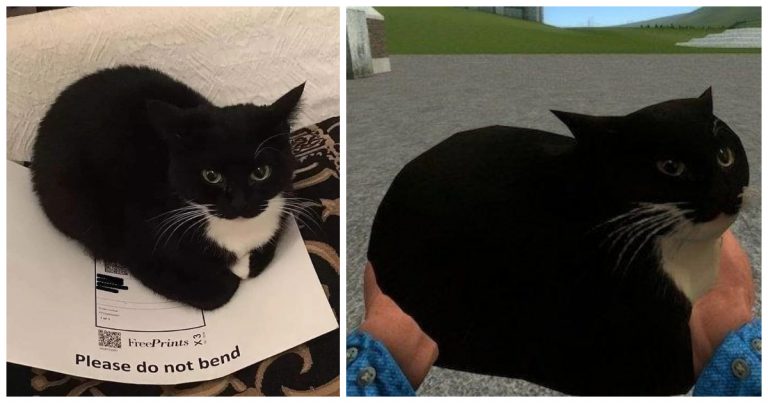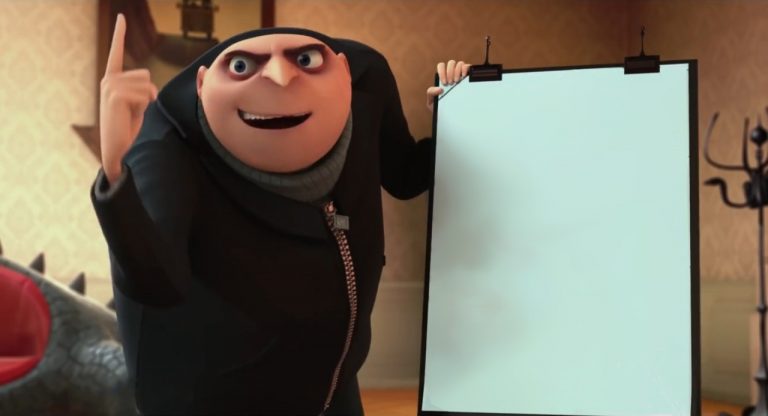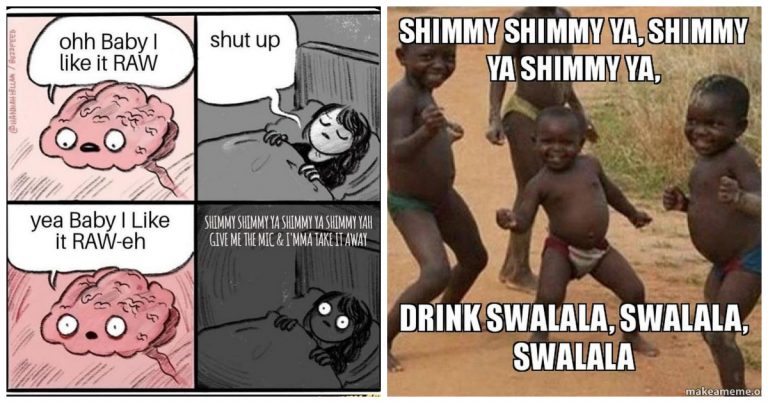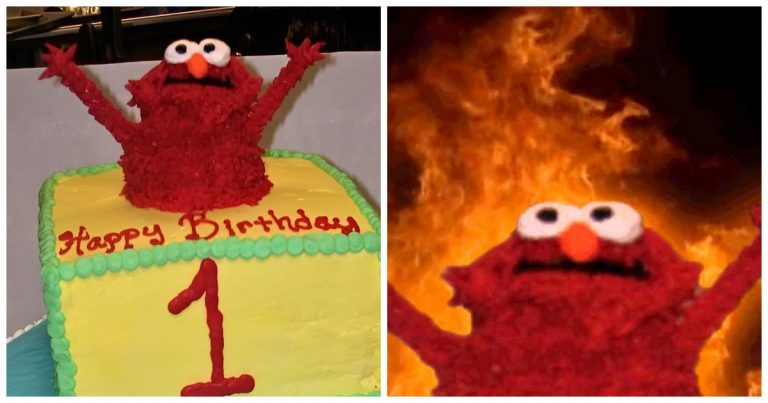What Is The “Social Credit” Meme? Origin, Meaning & Internet Satire Explained
The “Social Credit” meme has taken the internet by storm, blending geopolitical commentary with absurd humor.
Whether it’s TikTok skits awarding “+500 Social Credit” for eating rice or Reddit threads docking points for “cringe” behavior, this meme has become a staple of online satire.
But where did it come from, and what does it really mean? Let’s dive into its origins, evolution, and cultural impact.
1. What Is the “Social Credit” Meme?
What the Meme Refers to and How It’s Used
The Social Credit meme is a satirical internet phenomenon that references China’s social credit system as a not-quite-accurate but absurdly funny fictionalization of it.
The meme is used in a humorous way to assign and deduct self-styled “social credit points” based on actions that could be characterized as patriotic, rebellious, or simply silly.
For example, you could receive “+1000 Social Credit” for posting a meme accommodating a national symbol, and lose somewhere around “–500 points” for something as trivial as wearing socks with sandals (an absurd example that captures the spirit of it).
The meme format becomes increasingly ridiculous with exaggeration, but also often parodies authoritative control and/or normative societal norms.
Is This Meme Social Commentary or Pure Absurdism?
The Social Credit meme dances between a biting new form of social commentary and surreal internet absurdism. One connection is as a parody of (state driven) surveillance and behaviour control though, drawing on Western assumptions of China’s political practices.
The other extreme of this paradox is absurdity itself; people are role-playing as citizens of a dystopian game and they “earn” and “lose” social credit for the dumbest reasons. The form here allows there to be a critique of society while playing with the absurdism of the meme.
2. Where Did the Meme Come From?
Real-World Inspiration – China’s Social Credit System
The meme originates from China’s real-world social credit system. The Chinese government claims to track and score the behaviors of citizens so they can restrict services like travel or loans.
Publications in the WEST, like BBC and Wired, often highlight the social credit system as a modern dystopian nightmare playing into the authoritarian implications of the social credit system. The way western media has portrayed the systemic entities laid the foundation for the satire within the meme.
Meme Evolution Timeline
The Social Credit meme originated around 2018-2019 on 4chan, Reddit, and TikTok. The earliest iterations on the 4chan /pol/ board slowly started using it as a satire of geopolitical issues, with predominately ironic attacks on nationalists. In 2019, the meme began to take off on TikTok, where users created skits with dramatic voice overs and distracting “point counters”.
Communities on Reddit, such as r/shitposting and r/memeeconomy, developed the meme into a format that seemed to include its own language. Users would create phrases like “Glory to the CCP” or “-1000 Social Credit for disrespecting the flag”.
3. What the Meme Represents and Satirizes
Critique of Surveillance Culture
At its core, the Social Credit meme pokes fun at surveillance culture. It exaggerates China’s system to critique perceived authoritarianism, but it also takes jabs at Western equivalents, like Big Tech’s data collection practices. Posts on X have linked it to apps tracking user behavior, showing its broader relevance.
Gamification of Behavior
The meme parodies the idea that every action—good, bad, or trivial—could be quantified and judged. It turns life into a dystopian video game, where eating noodles might earn “+200 Social Credit” but criticizing a policy could tank your score. This gamification resonates with internet users familiar with leaderboard culture.
4. Common Meme Formats and Caption Styles
Typical Caption Templates
The Social Credit meme thrives on formulaic captions that mimic a game-like system. Examples include:
-
“+500 Social Credit for petting a panda.”
-
“-1000 Social Credit for eating pizza with pineapple.”
-
“Chairman Mao is disappointed in your choices.”
These captions often pair with exaggerated scenarios, blending humor with mock seriousness.
Visual Variants and Tropes
In terms of visuals, the meme employs a lot of Chinese flags, propaganda imagery, and edited anime characters with point counters.
TikTok videos will sometimes feature a mocking narrator voice that states how the points have changed, while Reddit posts will usually have a stock image of a stern-looking official. Some YouTube compilations like those on Know Your Meme feature dramatic Chinese music and fake “banned” alerts for fun.
5. Cultural Sensitivity and Criticism of the Meme
Is It Edgy Humor or Cultural Mockery?
The meme has caused controversy. Some relish it as political satire with sharp bite that critiques surveillance and control of the Chinese population. Others argue that it simply reinforces Western stereotypes around China while taking an incredibly complex system and cultural ritual to the level of caricature.
In exploring what people said about the meme on X, there were comments that described it as “hilarious,” alongside others who described it as “insensitive.” The meme is bound to incite divided sources.
Potential Misinterpretations
The hyperbolic take on the meme creates the possibility of a misleading stance on the actual social credit system in China. The social credit system is considerably more nuanced than the dystopian version that is memed in social media.
NPR’s coverage of the study pointed out that the system across different regions in China, and that there was actually never a single monolithic score, as often described in excessive coverage or articles as quoted in the meme.
6. Comparison to Other Geopolitical or Satirical Memes
Similar Meme Genres
The Social Credit meme shares origins with other satirical meme types such as the “CIA meme” (which mocks government conspiracies), the “NPC meme” (which mocks conformist behavior), and “Based vs. Cringe” (which mocks or celebrates ideologies). All of these thrive in ironic and often right-wing or nihilistic online spaces.
Why Social Credit Is Unique
The distinction here is the game-like structure. The point system allows endless remixing, and it gives users the agency to remix its point system for virtually any context – political, cultural, or absurd. its flexibility has solidified its place in the meme canon.
7. Will the Meme Stay Relevant?
Long-Term Relevance as Political Satire Tool
As surveillance and data privacy debates grow, the Social Credit meme is likely to evolve. Geopolitical shifts, like U.S.-China relations or tech regulation, could fuel new iterations. Its adaptability ensures it won’t fade soon.
Meme Tier Status
The Social Credit meme ranks high among geopolitical absurdist memes, alongside heavyweights like “GigaChad” and “Sigma grindset.” Its ability to blend humor with commentary makes it a standout.
Conclusion
The Social Credit meme is more than just internet silliness—it’s a satirical lens on surveillance, control, and the gamification of behavior.
From its roots in China’s real-world system to its explosion on TikTok and Reddit, it’s a testament to how memes can turn complex issues into absurd, shareable humor. Whether you see it as sharp critique or edgy mockery, its legacy in meme culture is secure.
Keep an eye on platforms like X and TikTok for its next evolution.

